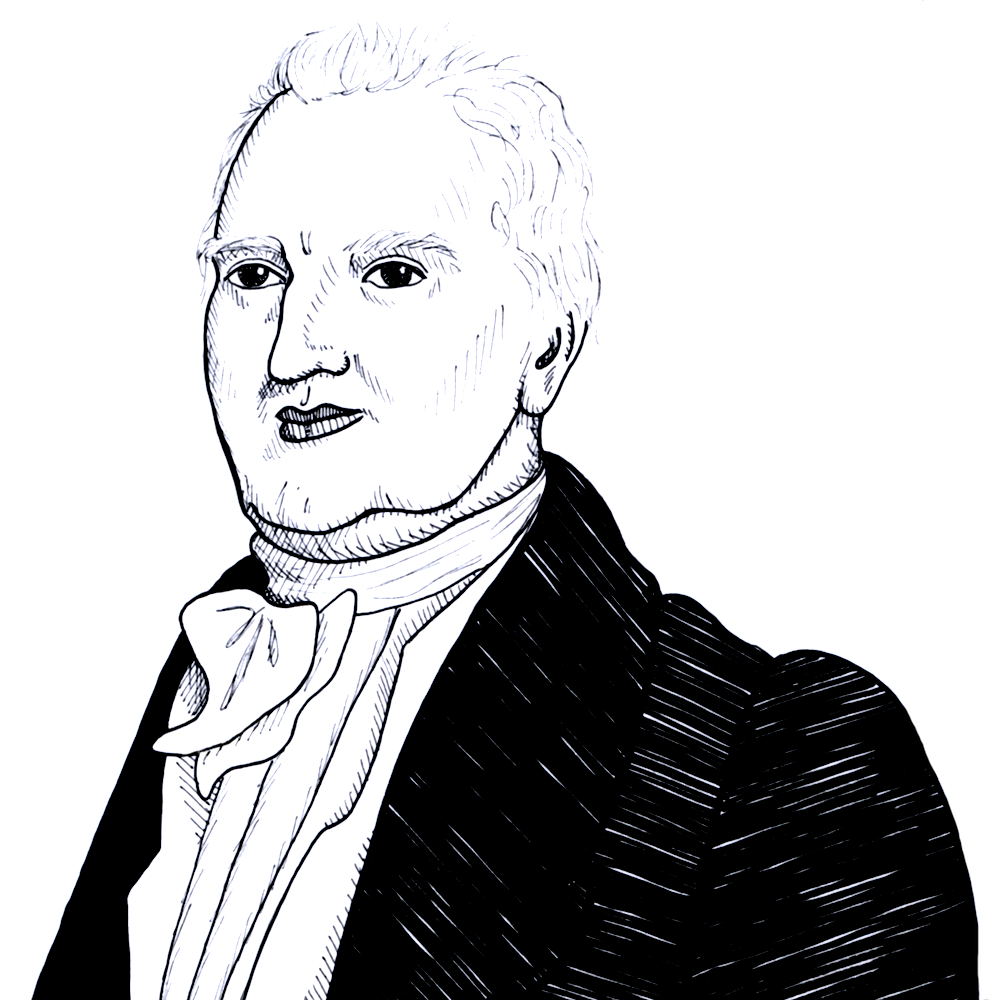
William Cobbett denounces the destruction of liberty during and after the Napoleonic Wars (1817)
Found in: Selections from Cobbett's Political Works, vol. 5
The English radical journalist William Cobbett (1763-1835) denounced the crack down on dissent by the British government during the period of difficult economic adjustment which followed the ending of the 25 year war against France. He thought that England, “the cradle of real liberty and just laws”, had just experienced another revolution in government which had restored despotism:
Taxation
We behold a system of taxation that has spread ruin, madness and starvation over the land; a band of Sinecurists, Pensioners, Bankers, and Funders, who strip the land of all its fruits, except the portion which they share with the standing army who aid them in the work of seizing on those fruits; a people who have no voice in the choosing of those, who make laws affecting their property and their lives; a House of Commons, the sale and barter of seats in which has, within its own walls, been acknowledged to be as notorious as the sun at noon-day; and, finally, in answer to the nation’s petitions for a redress of this enormous grievance, the cause of every calamity, we behold Acts passed by this same House of Commons, which have taken from the people all liberty of the press, all liberty of speech, and all the safety which the law gave to their very persons …